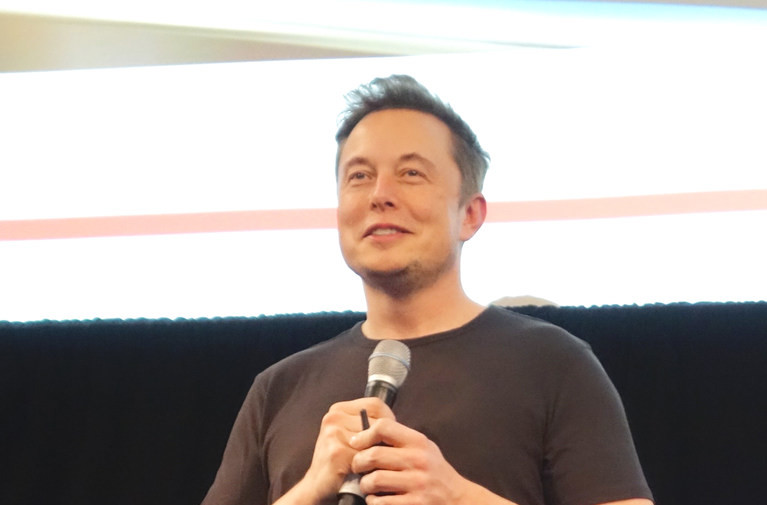Experts Question Plausibility of Elon Musk’s Antitrust Lawsuit Against Apple and OpenAI
Kansas City, Kansas — On August 25, 2025, Elon Musk’s companies, X Corp. and xAI, filed a high-profile antitrust lawsuit against Apple Inc. and OpenAI in the U.S. District Court for the Northern District of Texas, alleging an anticompetitive conspiracy to suppress competition in the artificial intelligence (AI) market. The 61-page complaint claims that Apple’s 2024 partnership with OpenAI, which integrates ChatGPT into iPhones, iPads, and Macs, unfairly prioritizes OpenAI’s chatbot over competitors like xAI’s Grok, stifling innovation and violating federal and Texas antitrust laws. However, legal experts are skeptical about the lawsuit’s plausibility, citing significant hurdles in proving antitrust violations.
The Lawsuit’s Core Allegations
The lawsuit accuses Apple and OpenAI of forming an “unlawful agreement and conspiracy” to leverage Apple’s dominance in the U.S. smartphone market (approximately 65% market share) to bolster OpenAI’s roughly 80% control of the generative AI chatbot market. Specifically, it alleges that Apple’s integration of ChatGPT into its operating systems and its alleged favoritism in App Store rankings create a “walled garden” that locks out competitors like Grok. The complaint claims this arrangement deprives rival chatbots of scale, gives OpenAI access to billions of user queries for AI training, and forecloses competition, ultimately harming innovation and consumer choice.
Musk, who co-founded OpenAI in 2015 but left in 2018, has framed the lawsuit as a fight for fair competition. In a post on X, he wrote, “A million reviews with 4.9 average for @Grok and still Apple refuses to mention Grok on any lists,” echoing the lawsuit’s claim that Apple’s algorithms unfairly prioritize ChatGPT. The suit seeks billions in damages and an injunction to dismantle the Apple-OpenAI partnership.
Expert Skepticism and Legal Challenges
Legal experts have raised doubts about the lawsuit’s viability, pointing to several challenges. Sarah Kreps, director of the Tech Policy Institute at Cornell University, noted that proving antitrust violations requires demonstrating that the Apple-OpenAI partnership “meaningfully raised prices for consumers, reduced innovation, or blocked consumer choice,” a high bar to meet. She emphasized that ChatGPT’s market dominance, stemming from its first-mover advantage since its 2022 launch, does not inherently constitute an antitrust violation.
Herbert Hovenkamp, a professor at the University of Pennsylvania’s law school, suggested that Apple could counter the claims by arguing that its partnership with OpenAI was a legitimate business decision in a competitive environment. Apple may also cite security or operational reasons for integrating ChatGPT, further weakening xAI’s case. Moreover, the court may question xAI’s standing as a direct competitor, which could complicate its ability to prove antitrust injury.
The lawsuit’s lack of concrete evidence of algorithmic favoritism is another sticking point. While it alleges that Grok is unfairly excluded from Apple’s “Must-Have Apps” section, other AI apps, such as DeepSeek and Perplexity, have periodically topped App Store AI rankings, undermining claims of exclusive favoritism. An Apple spokesperson defended the company’s practices, stating that the App Store is “fair and free of bias,” with rankings driven by user data and objective criteria.
Broader Context and Strategic Venue
The lawsuit builds on Musk’s ongoing feud with OpenAI and its CEO, Sam Altman, who responded by calling the filing “consistent with Mr. Musk’s ongoing pattern of harassment.” The rivalry, rooted in Musk’s 2018 departure from OpenAI, has intensified as xAI’s Grok competes with ChatGPT. The suit also echoes a 2024 U.S. Department of Justice antitrust case against Apple, which accused the company of maintaining an iPhone ecosystem monopoly, suggesting Musk is leveraging broader scrutiny of Apple’s practices.
The choice of the Northern District of Texas, known for its conservative Fifth Circuit Court of Appeals and history of favorable antitrust rulings, appears strategic. Experts note that this venue, often used for “judge shopping,” could increase the case’s chances of reaching the Supreme Court. Additionally, Musk’s alignment with the Trump administration, through his role in the Department of Government Efficiency, may invite political influence, with some speculating that President Trump could publicly support the suit.
Implications for the EdTech and AI Sectors
This case comes at a time of heightened legal scrutiny in related technology sectors, such as educational technology (EdTech). Just weeks prior, on August 13, 2025, Kirkland & Ellis secured the first dismissal of a children’s privacy lawsuit against EdTech company Instructure, Inc., in California, highlighting the challenges of proving privacy and competition violations in tech. While distinct, both cases underscore the growing tension around data practices and market dominance in rapidly evolving industries.
For the AI sector, the lawsuit could set a precedent for how courts define the AI market and assess competition. If successful, it might force Apple to open its ecosystem, benefiting smaller AI developers. However, experts caution that the case’s outcome remains uncertain due to the complexity of proving antitrust harm and the competitive nature of Apple’s business decisions.
Community Response and Next Steps
The Kansas City, Kansas, community, already reeling from the August 26, 2025, death of Police Officer Hunter Simoncic in a separate incident involving a fleeing suspect, has seen limited local discussion of the lawsuit. However, posts on X reflect sentiment among some users who view Apple’s partnership with OpenAI as unfair. One user wrote, “Apple, a $3 trillion company, can’t make its own AI, makes a deal with OpenAI, pushes ChatGPT unfairly on the AppStore. Not cool at all.”
As the case unfolds, attention will focus on evidence of algorithmic bias and internal communications between Apple and OpenAI. The U.S. Department of Justice, already investigating Apple’s app ecosystem, may take interest, potentially amplifying the case’s impact. For now, the lawsuit underscores the fierce competition in AI and the personal and legal battles shaping its future.
Note: This article has been reviewed for grammar and clarity to ensure accuracy and readability for a U.S. audience.
